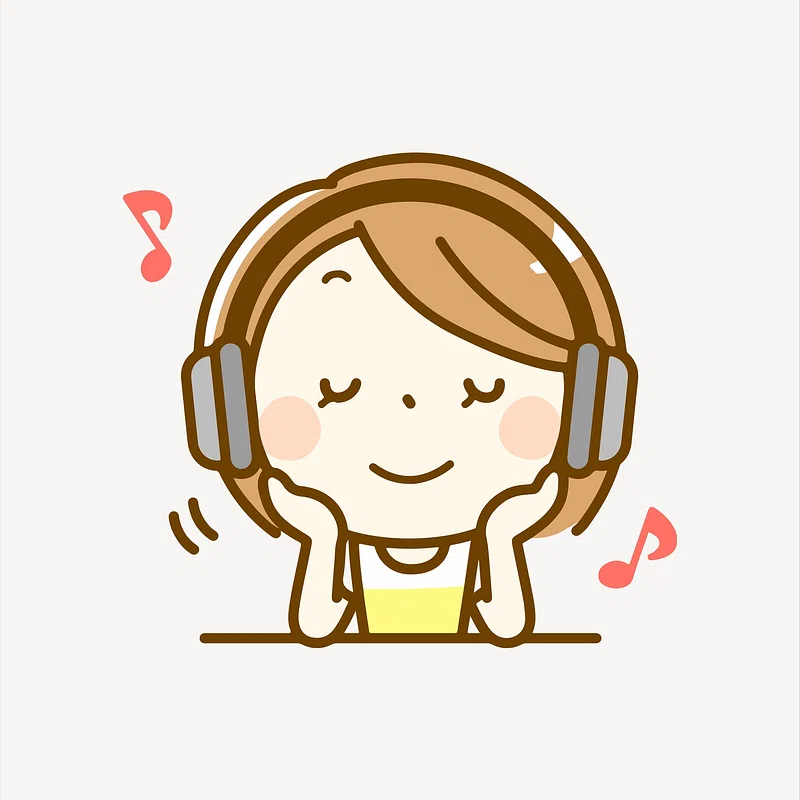


Historically, it has been believed that the ability to create and appreciate music was a necessity for the first human civilizations. For most adolescents, music is a major part of their lives and a vital means of meeting their emotional, social, and cognitive needs (North, Harhreaves, & O'Neill, 2000). Every adolescent must complete the essential task of developing a personal identity, and music plays a significant role in that process. But have you ever wondered how music changes our brains? It activates various brain regions in the passive listener (amygdala, primary auditory cortex, and a portion of the thalamus); when we actively participate in the music, our brain activates the cerebellum, basal ganglia, and the motor portion of the cortex. In other words, the teenage brain engages multiple brain regions when listening to music passively, and it grows exponentially when the adolescent listens actively. According to research, listening to music can help reduce a variety of mental states, including stress, anxiety, and different cognitive and emotional processes.

Many forms of music therapy have been developed based on the evidence supporting the positive effects of music on the human brain. These therapies have produced remarkable outcomes, including a decrease in adolescent hostility and aggression, an increase in focus, attention, and motivation, an improvement in social functioning and self-image, and an overall improvement in quality of life (Yinger & Gooding, 2014). Due to the fact that these effects help young people live happier and higher-quality lives, it is crucial to support them appropriately during the adolescent stage of life, which is marked by hormone fluctuations, rebellion, and significant social influence.
References:
North, A. C., Hargreaves, D. J., & O'Neill, S. A. (2000). The importance of music to adolescents. British Journal of Educational Psychology, 70(2), 255–272.
Yinger, O. S., & Gooding, L. (2014). Music Therapy and Music Medicine for Children and Adolescents. Child and Adolescent Psychiatric Clinics of North America, 23(3), 535–553.
We believe charity is a lifetime investment.
We believe charity is a lifetime investment.